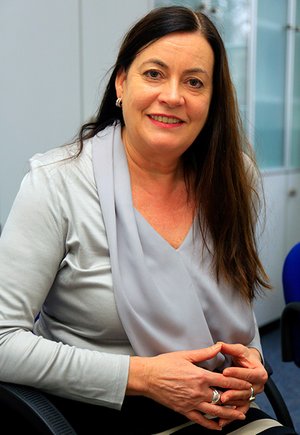
The Faculty of Social Sciences comprises five institutes with strong research profiles and a tightly knit network of nationally and internationally renowned researchers working on diverse research activities. Working alongside the Institute of Political Science, Institute of Sociology and Institute for Social Economy are the Institute for Work, Skills and Training (IAQ) and the Institute for Development and Peace (INEF), both of which are also known for their nationally and internationally recognised research activities, cooperation and socio-political transfer.
The researchers are currently working on many projects funded by the German Research Foundation (DFG), the European Union (EU), federal and state ministries, and foundations. The projects cover a wide range of research topics in the social sciences and attract nationwide attention. Research findings from all five Institutes are published in the relevant leading international peer-reviewed journals and as monographs. The interdisciplinary activity and international focus of the Faculty will continue to be central to its work in the years to come.
The Faculty is currently represented by more than 50 researchers engaging in different inter-institutional and inter-faculty research activities in the UDE’s main research area of “Transformation of Contemporary Societies”. In these activities, the Faculty sees exceptional potential for developing this area in the years ahead into one of the foremost interdisciplinary social science research clusters in Germany.
The Faculty has close connections in research and teaching with the Institute of East Asian Studies (IN-EAST), and it also has a well-established nationally and internationally visible research unit in the Käte Hamburger Kolleg/Centre for Global Cooperation Research. The Rhine-Ruhr Institute for Social Research and Policy Consulting e.V. (RISP) and the Institute of Economic and Social Research (WSI) within the Hans Böckler Foundation are other institutions with which the Faculty has collaborated closely for many years. Knowledge transfer will continue to be a major priority in future as a way of making research findings accessible to society and politics and to actively accompany public debate.

